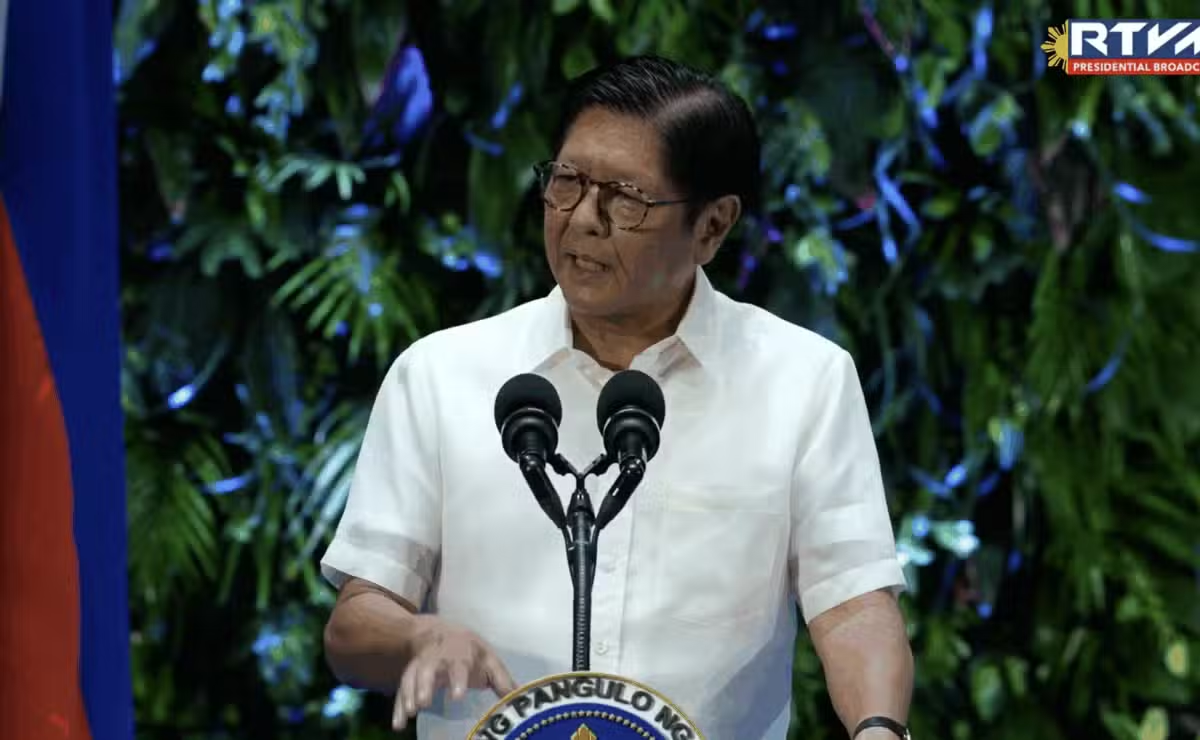Local gov’ts given until 2028 to assume devolved functions

President Marcos has issued Executive Order (EO) No. 103, extending the transition period for the full devolution of certain executive branch functions to local government units (LGUs) until 2028.
According to EO 103 signed on Nov. 6, provinces and municipalities will gradually shift to full devolution by no later than 2028, while cities will fully implement the devolved functions and services by no later than 2027.
“All LGUs shall follow a phased implementation of the full devolution within the prescribed transition period as they continually improve their fiscal and institutional capacities,” the EO, which was made public on Saturday, said.
Marcos signed EO 103 to give LGUs more time to strengthen their financial, technical and administrative capacities for delivering devolved services under the Mandanas-Garcia ruling and Republic Act No. 7160 or the Local Government Code of 1991.
“In light of the varying financial, technical, and administrative capacities of LGUs, along with their unique circumstances, needs and priorities, the functions, services, and facilities to be devolved from the national government may not be fully absorbed or implemented uniformly across all LGUs within the transition period mandated under EO No. 138,” the EO read.
In the implementation of devolution across the different levels of LGUs, EO 103 emphasizes that 4th to 5th income classes and other poor, lagging and disadvantaged LGUs should be given priority in providing assistance, particularly those in geographically isolated and disadvantaged areas, as well as those with high poverty incidence.
New policies
Based on the new policies, LGUs will be primarily responsible for providing direct service delivery to their constituencies and will assume greater responsibility and accountability in ensuring the quality of devolved services in accordance with the standards set by the national government.
“The national government and LGUs shall collaborate towards the localization of national development goals that are consistent and coherent with the strategies and policies of the Philippine Development Plan 2023 to 2028 and the achievement of the overarching goals under the AmBisyon Natin 2040, the 2030 Agenda for Sustainable Development, the 8-Point Socioeconomic Agenda of the Administration, and the Medium Term Fiscal Framework 2022 to 2028,” the EO said.
EO 103 covers all LGUs, except those from the Bangsamoro Autonomous Region in Muslim Mindanao.
All relevant national government agencies (NGAs) were directed to conduct a strategic review of their mandates, functions and services, in an effort to identify duplicated functions or services and determine the appropriate strategies and interventions to ensure an effective phased transition for the full implementation of the devolution.
Within 15 days from the effectivity of the new EO, concerned NGAs are required to organize their devolution transition committees to oversee the overall efforts on the implementation of the order.
All NGAs must submit their devolution transition plans (DTPs) within 90 days from the effectivity of EO 103.
“The devolved functions and services already assumed by LGUs, as indicated in their DTPs, shall be mainstreamed and prioritized in their respective local development plans, investment programs, and annual budgets,” according to the EO.
In the delivery of public goods and services, LGUs may develop strategies and forge partnerships with other LGUs to achieve greater economies of scale and provide better service delivery to their constituents.
EO 103 takes effect immediately following its publication in the Official Gazette or in a newspaper of general circulation.

















